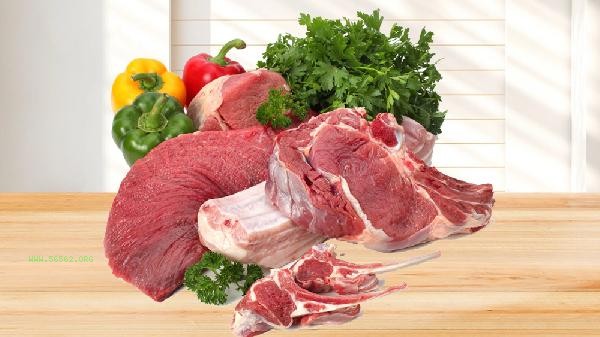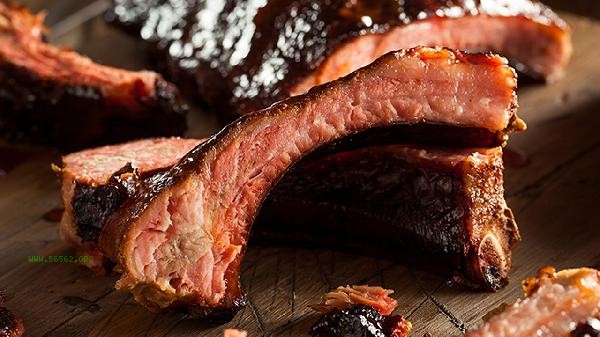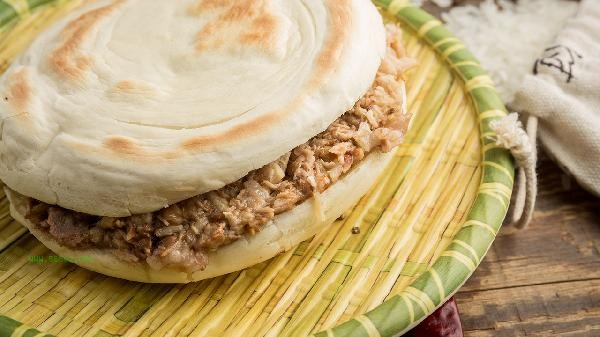Menopausal women can generally eat pork in moderation, but should pay attention to cooking methods and intake. Pork is rich in high-quality nutrients such as protein, iron, and zinc, which can help alleviate menopausal fatigue and anemia, but excessive consumption may increase cardiovascular burden. The high absorption rate of heme iron in pork is helpful in preventing common iron deficiency anemia during menopause. Choose lean meat parts such as pork loin and hind leg meat, and avoid fatty meat and animal organs. It is recommended to use low-fat cooking methods such as steaming and stewing, with a weekly intake controlled at 300-500 grams. Simultaneously pairing with vegetables and fruits rich in vitamin C can promote iron absorption. Menopausal women may experience an increased risk of arteriosclerosis due to a decrease in estrogen levels, weakened blood lipid metabolism, and excessive intake of saturated fats. Menopausal women with hypertension and hyperlipidemia should strictly control their intake of pork and prioritize white meat such as fish and poultry. Some people may have allergies or indigestion to pork, and should stop eating when symptoms such as rash and bloating occur after consumption. Processed meat products such as sausages and bacon contain high levels of nitrite, which menopausal women should try to avoid.

Menopausal diet should pay attention to balanced nutrition, and it is recommended to increase the intake of soy products, deep-sea fish, whole grains and other foods. Regular aerobic exercise, such as brisk walking or swimming for 30 minutes a day, can help maintain normal metabolism. Maintain an optimistic attitude and, if necessary, undergo hormone replacement therapy under the guidance of a doctor. Regularly monitor blood pressure, blood lipids, and other indicators.






Comments (0)
Leave a Comment
No comments yet
Be the first to share your thoughts!